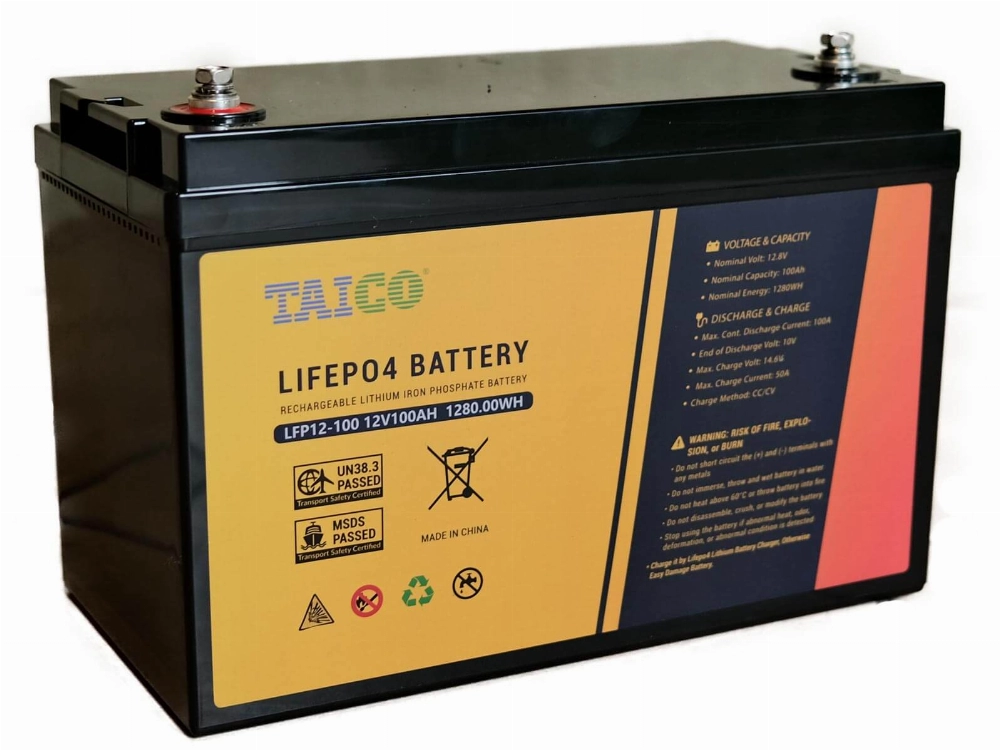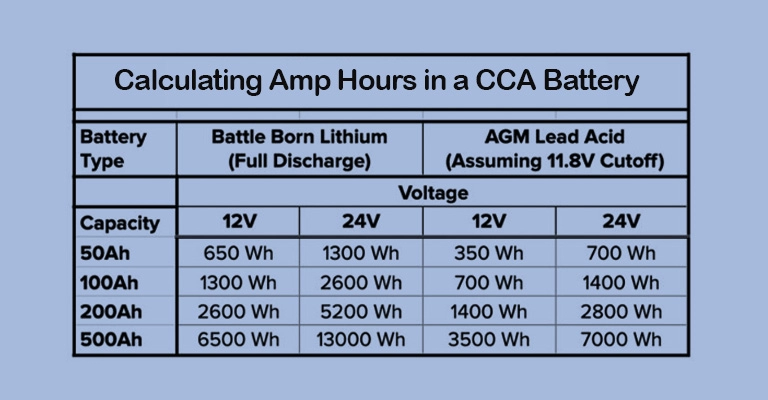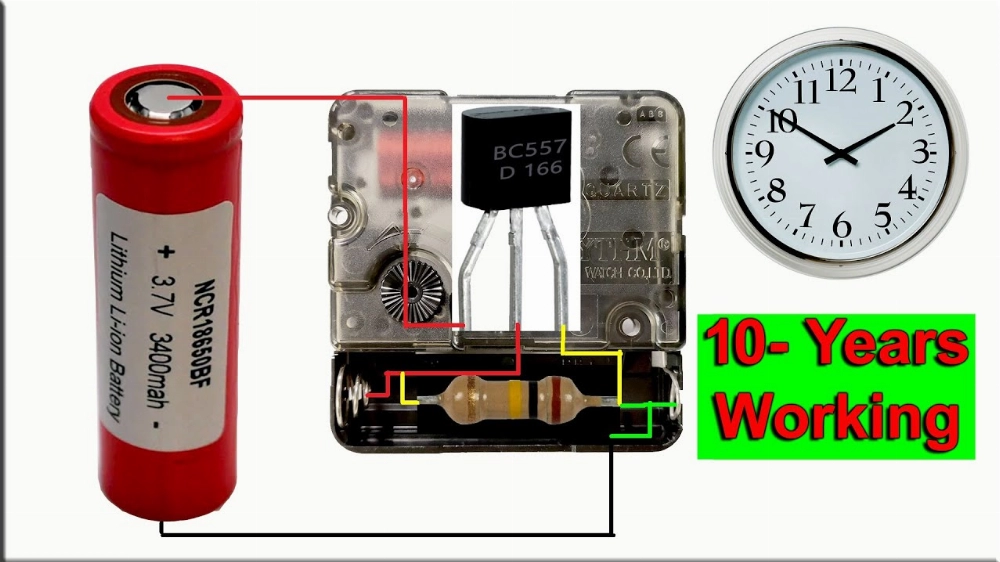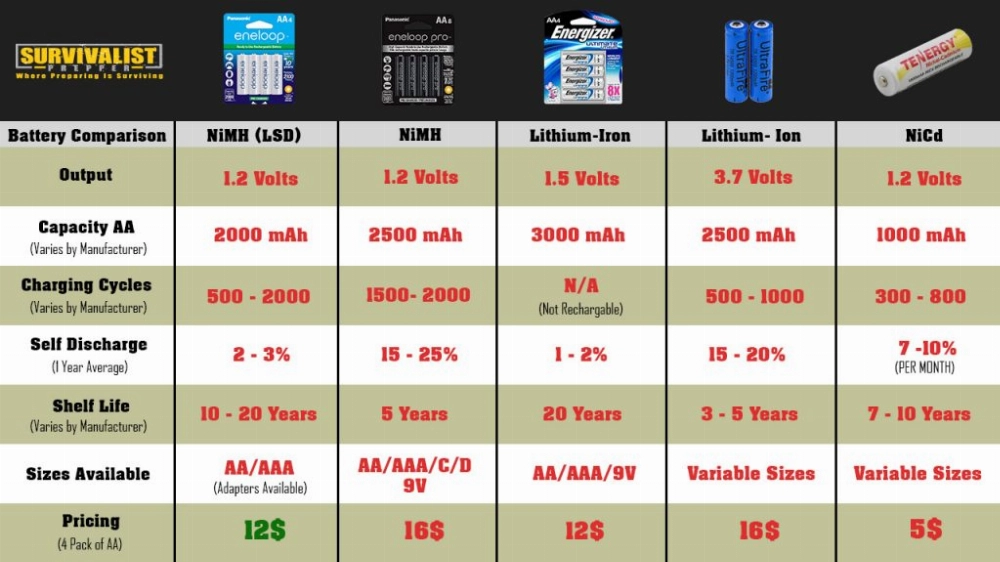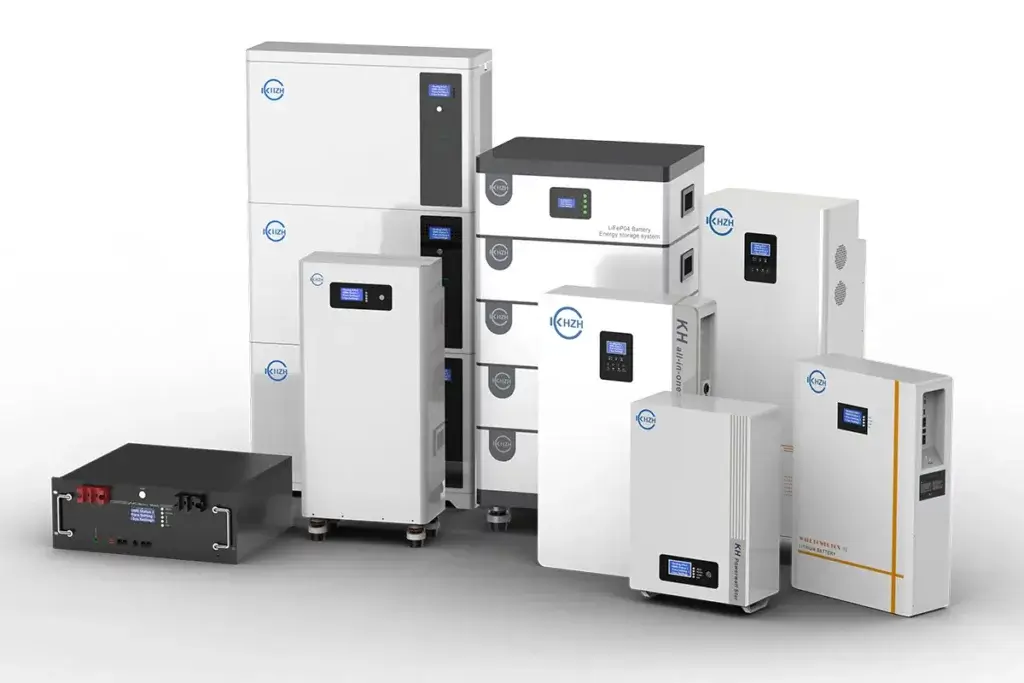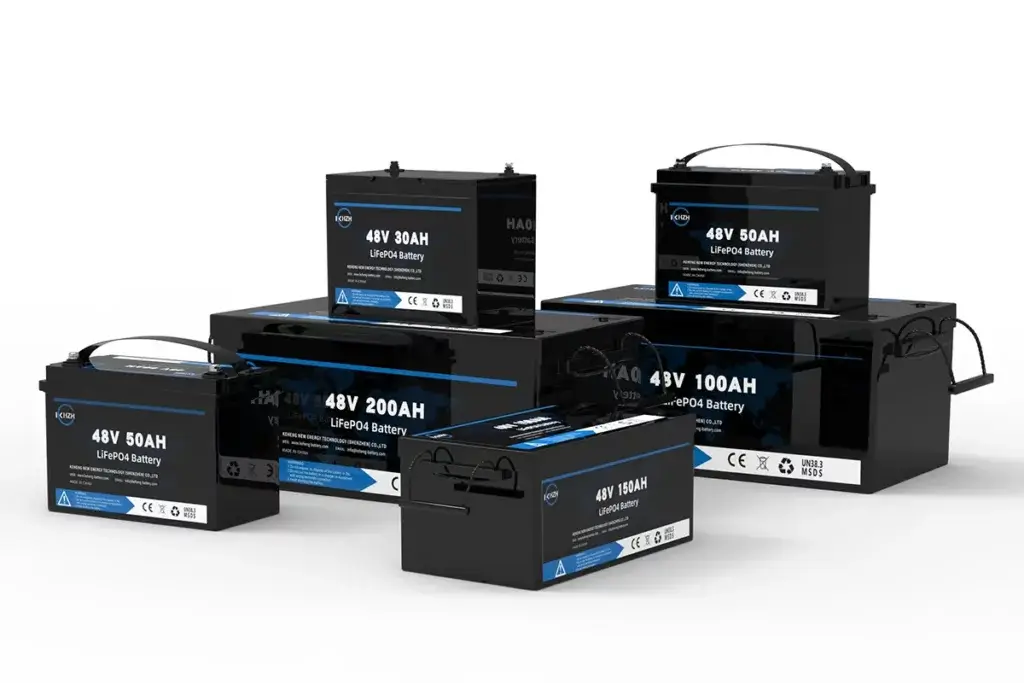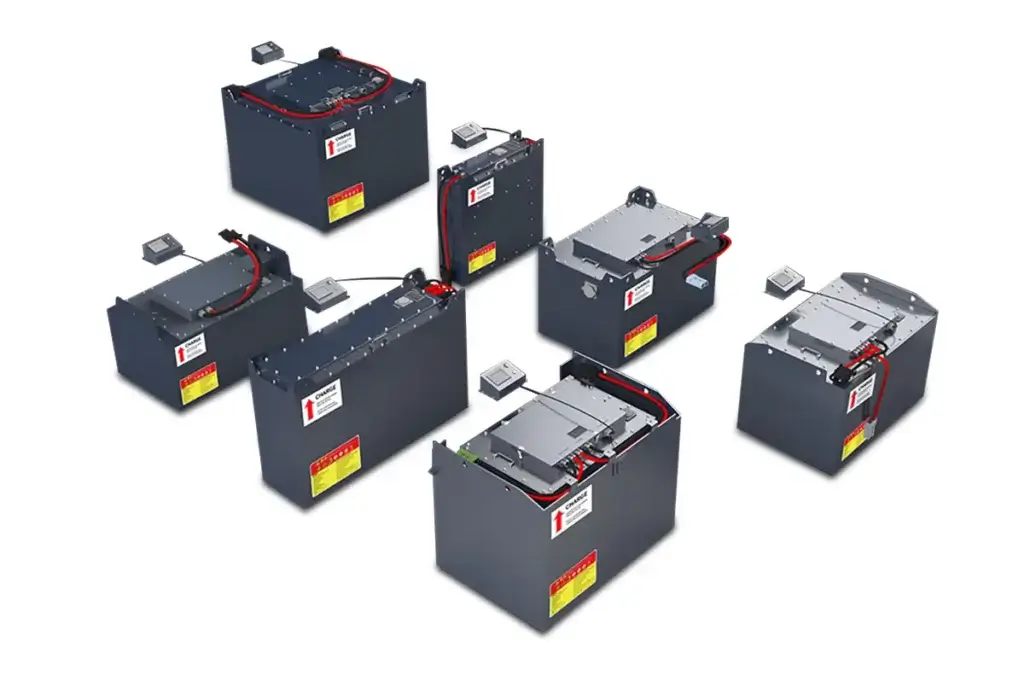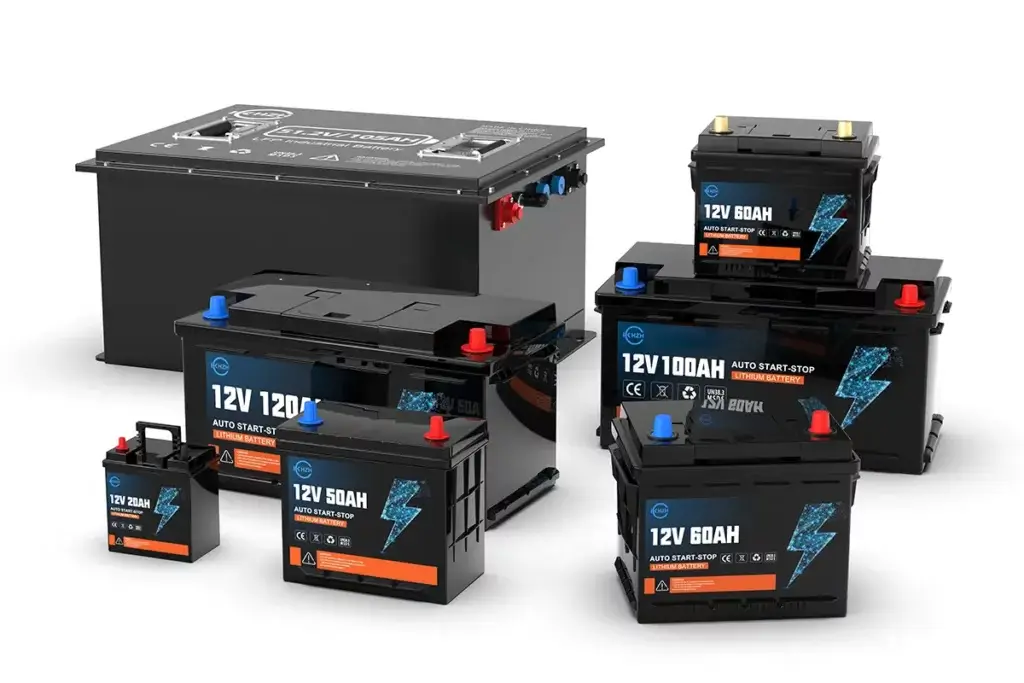Part 1: Understanding 8V Batteries
An 8V battery is an energy storage device that provides a nominal voltage of 8 volts. This voltage range places it between lower 6V batteries and higher 12V batteries, making it ideal for a variety of applications. Some common uses for 8V batteries include:
- Golf Carts: Providing the necessary power for smooth operation across various terrains.
- Classic Cars: Enhancing the performance of vintage vehicles initially designed for 6V systems.
- Industrial Equipment: Powering machinery that requires reliable and consistent energy.
- Renewable Energy Systems: Used for storing energy from sources like solar and wind.
The 8V battery is preferred for its higher power output compared to 6V batteries, while remaining more compact than 12V options. This balanced voltage makes it especially suitable for applications where space and weight are constraints.
Part 2: 8V Battery Voltage Chart
Monitoring an 8V battery’s voltage is crucial for assessing its performance and condition. Voltage readings can help determine the battery’s state of charge (SOC) and overall health. Here’s a typical voltage chart for 8V lead-acid batteries:
Note: These values may vary slightly based on the battery’s age and chemistry. Regular voltage checks help ensure optimal battery performance and longevity.
Part 3: Different Types of 8V Batteries
The 8V battery market offers various types, each designed for specific uses and applications. Here’s an introduction to the primary types:
Lead-Acid Batteries:
- Flooded Lead-Acid: A traditional design that uses a liquid electrolyte and requires regular maintenance.
- AGM (Absorbent Glass Mat): Uses glass mats to absorb the electrolyte, reducing spills and maintenance needs.
- Gel Cell: Employs a gelled electrolyte, providing enhanced resistance to vibration and extreme temperatures.
Lithium-Ion Batteries:
- Lithium Iron Phosphate (LiFePO4): Known for their safety, long cycle life, and reliable performance. Learn more about lithium-ion batteries here.
- Nickel Manganese Cobalt (NMC): Known for its high energy density, making it suitable for a variety of applications.
Deep Cycle Batteries:
These batteries are designed to provide sustained power output over extended periods. They are ideal for applications like golf carts and renewable energy systems, as they can handle deep discharges and frequent cycling.
Part 4: 8V Deep Cycle Batteries
Deep cycle batteries are specifically designed to deliver a sustained current over extended periods. Unlike starting batteries, which provide short bursts of energy, deep cycle batteries are built for regular cycling and deep discharges.
Key Features:
- Thick Plates: Designed for durability and deep discharge capabilities.
- Robust Construction: Designed to withstand frequent cycling without significant capacity loss.
- Low Self-Discharge Rate: Retains charge over extended periods of inactivity.
These characteristics make 8V deep cycle batteries an ideal choice for applications requiring a stable and reliable power source.
Part 5: 8V Golf Cart Batteries
Golf carts have evolved from their original use on golf courses and are now used as versatile transportation in locations such as resorts, airports, and residential communities. 8V batteries play a crucial role in powering these carts effectively.
Advantages of 8V Batteries in Golf Carts:
- Optimal Voltage Configuration: Using six 8V batteries creates a 48V system, providing a perfect balance between power and efficiency.
- Space Efficiency: Their compact size allows for better weight distribution and more efficient use of space within the cart.
- Cost-Effectiveness: Offers a good balance between performance and cost, making them a popular choice for golf cart owners.
Proper maintenance, such as checking electrolyte levels and following correct charging practices, ensures that the batteries perform optimally throughout their lifespan.
Part 6: 8V Car Batteries
In the world of classic and vintage cars, 8V batteries have become essential for maintaining the performance of vehicles initially designed with 6V electrical systems. The 8V battery provides increased power, thereby enhancing the overall performance of these vintage automobiles.
Understood. I’m ready to receive the `
When Should You Replace Your 8V Battery?
You may need to replace your 8V battery if you notice reduced run times, difficulty starting your device, or the voltage drops below 7.4V.
Are 8V Lithium Batteries Better Than Lead-Acid Batteries?
Yes! 8V lithium batteries offer a longer lifespan, the faster charging, and lighter weight compared to traditional lead-acid batteries. However, they are also more expensive.
Can I Use a 12V Charger to Charge an 8V Battery?
No, you should not use a 12V charger to charge an 8V battery, as this can lead to overcharging and potential damage. Always use a charger specifically designed for 8V batteries.
Related Topics
Best Practices to Store Batteries
Learn expert tips on battery storage to maximize lifespan and safety. Find out how to organize them properly and prevent damage.
Understanding LiPo Battery Storage Voltage
Storing LiPo batteries at a voltage of 3.7V–3.85V per cell helps maintain battery health and minimize wear. Learn best practices for long-term storage.
Cost Analysis: Factors Influencing Lithium Battery Prices
Lithium battery pricing impacts numerous industries. Explore key cost factors, market trends, and the future outlook for lithium technology.
Liquid Metal Battery vs. Lithium Battery: A Comparative Analysis
How do liquid metal batteries compare to lithium batteries? Explore their advantages, applications, cost differences, and future potential in this detailed analysis.
Understanding LiPo Batteries: Capacity, Lifespan, and Other Key Parameters
Explore LiPo battery capacity, energy density, cycle life, and more. Learn how to optimize performance and avoid common issues.
KHZH, Your Trusted Source for Battery Knowledge
